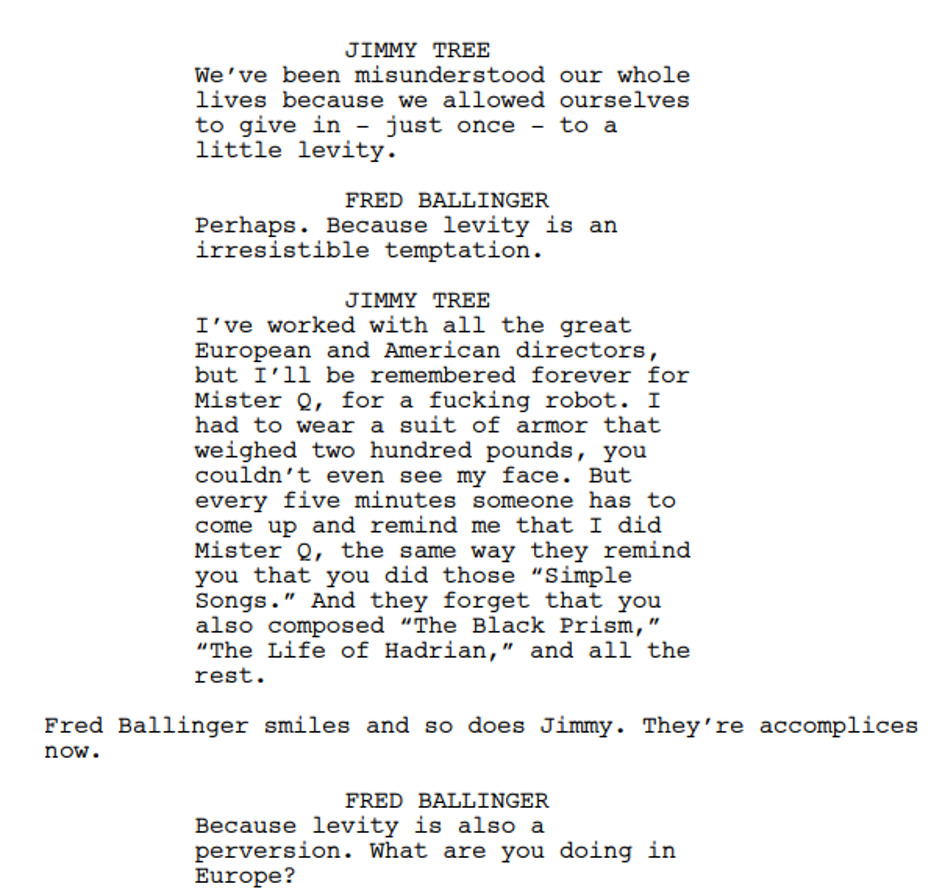
Has it ever happened to you that you know something, how it feels, what it means (or at least you think you do) but you have NO IDEA how to explain it to someone else?
Einstein used to say (Yeah. I’m quoting Einstein I know, but bear with me) that if we don’t know how to explain something, then we probably don’t understand it enough. Probably he wasn’t referring to feelings, because those can live within you for years and you still don’t know how to put it in words. Also that wasn’t even Einstein because this is just one of his most famous wrongly attributed quotes, ironically…
Another winner of a Nobel Prize, Richard Feynman, often told the story of his father teaching him the difference between knowing the name of something and truly knowing what that something is:

Now Feynman also said that this made him force himself to not learn the name of things so he could focus in understanding them. That sounds marvelous. But sometimes the goal is not just understanding…it’s sharing what you understood, and that’s the problem. Now and then you find stuff that is very hard to explain, even though it’s something that we surely know.
Imagine having to put into words what it feels to grow old, live, regret something or dream, for example. It’s incredibly difficult. Nothing ever feels accurate enough. That's why one of my favorite films (and favorite is not a word I throw around lightly) is Youth (2015) by Paolo Sorrentino.
See, Youth (Probably Sorrentino’s most ignored film ever) explores the beauty of the explicit, of what’s simple yet complicated to explain, and through that uncertainty you suddenly get it. Often ignored subjects, while experiencing them on screen they suddenly seem like the most defining moments of the character’s lives, of our lives. They undertake unimaginable meaning.
My favorite scene is probably when Jimmy Tree, an actor, tells a retired orchestra director that the two of them have the same problem. Both are recognized for their simpler work:

In many occasions our life becomes a collection of moments in which we did nothing transcendental, nothing profound...the temptation of the easy, and that is largely what we will remember and for what we’ll be remembered. It is impossible to be every minute contemplating the magnificence of the universe, yet later Sorrentino reminds us by revealing that the “Simple Songs” are actually the character’s most emotionally drenched and important piece, that simple does not mean simplistic.
Often critics say this is a boring film that just gets lost in its aesthetics (example), and maybe I’m just reading more into it than I should, but I find every second of it justified, worth it, magical. From the first to the last scene, they’re all part of a needed process that doesn’t try to explain but just lets you watch and experience. This movie deals with feelings and situations that are often described in real life simplistically, maybe that’s why it is misunderstood and ignored.
It’s hard to explain why I like it so much, but if I had to guess it’s because Youth delicately, almost subliminally says what’s normally left unsaid. Like life itself. You think you don’t know, the right words just don’t exist, then you watch it and it’s all there inside of you, and it feels like it always has been.
The search for true meaning, for understanding, doesn’t end in just identifying beginnings and ends, but in the fleeting nature of the thing itself, it’s the unraveling. Maybe we are not supposed know, and that is all we need to change it. So when it comes to explaining it to someone else…maybe we should just show them.
“I think is much more interesting to live not knowing than have answers that might be wrong” -Richard Feynman
And now some Simple Songs:
This is my last post:
-Self reflection


